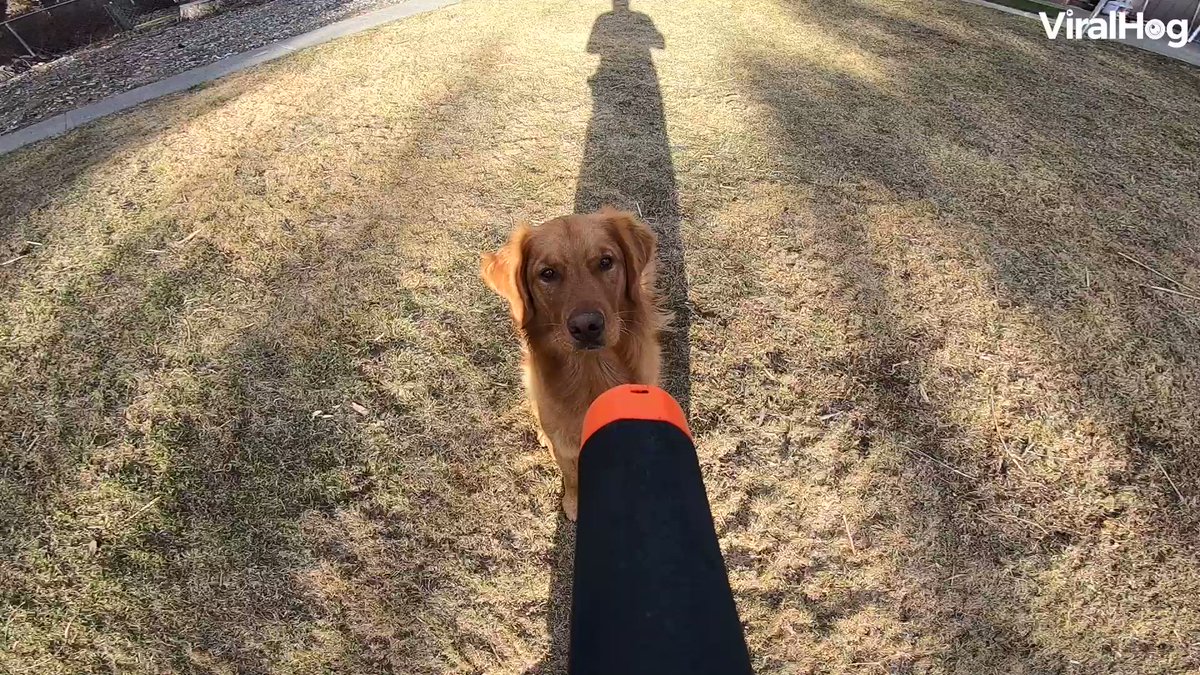CCTV Idiots Twitter: A Comprehensive Analysis
In the era of digital media and social networking, the phenomenon of "CCTV idiots" on Twitter has gained significant attention. This term refers to individuals who post or react to content without fully understanding its context or implications. As this behavior spreads, it raises questions about digital literacy and responsible social media use.
The rise of social media platforms like Twitter has democratized information sharing, but it has also created opportunities for misinterpretation and misinformation. The term "CCTV idiots" highlights a growing issue where users share content from surveillance footage or public cameras without proper analysis or understanding. This trend has sparked debates about responsibility and accountability in online discourse.
Understanding the behavior of "CCTV idiots" on Twitter is crucial for fostering a healthier digital environment. By examining the root causes, impacts, and potential solutions, we can address this issue and promote better digital citizenship. In this article, we will delve into the phenomenon, its implications, and ways to mitigate its effects.
Read also:Hdhub4u Pro Movies Your Ultimate Destination For Highquality Entertainment
Table of Contents
- Introduction
- What Are CCTV Idiots on Twitter?
- A Brief History of the Term
- Causes Behind the Behavior
- Impact on Social Media
- Real-Life Examples
- Statistics and Research
- Possible Solutions
- Expert Opinions
- Conclusion
What Are CCTV Idiots on Twitter?
The phrase "CCTV idiots" refers to individuals who post, share, or comment on surveillance footage on Twitter without critical thinking or proper context. These users often misinterpret or exaggerate situations, leading to confusion or misinformation. Their actions can range from harmless misunderstandings to harmful content that affects real people or communities.
Characteristics of CCTV Idiots
Here are some common traits of individuals labeled as "CCTV idiots":
- Posting content without verifying its authenticity.
- Misinterpreting surveillance footage due to lack of context.
- Engaging in sensationalism or exaggeration for attention.
- Failing to consider the ethical implications of sharing sensitive content.
A Brief History of the Term
The term "CCTV idiots" gained prominence in recent years as surveillance footage became more accessible online. With the rise of social media platforms like Twitter, users began sharing CCTV clips to entertain, inform, or critique. However, this practice also led to unintended consequences, such as spreading misinformation or invading privacy.
Key Milestones in the Phenomenon
Several events contributed to the evolution of the term:
- Increased availability of CCTV footage online.
- Rise of viral content culture on social media.
- Growing awareness of digital ethics and responsibility.
Causes Behind the Behavior
Several factors contribute to the behavior of "CCTV idiots" on Twitter:
Firstly, the fast-paced nature of social media encourages quick reactions over thoughtful analysis. Users often prioritize engagement metrics like likes, retweets, and comments over accuracy or ethics. Secondly, the lack of digital literacy among some users makes them more susceptible to misinformation or manipulation. Lastly, the anonymity of online platforms can embolden individuals to act irresponsibly without fear of consequences.
Read also:Did Duane Lee Chapman Jr Attend Beths Funeral Exploring The Truth Behind The Headlines
Impact on Social Media
The behavior of "CCTV idiots" has significant implications for social media ecosystems:
On one hand, it can lead to the spread of false information, which undermines trust in digital platforms. On the other hand, it highlights the need for better education and regulation in the digital space. Platforms like Twitter have started implementing measures to combat misinformation, but more work is needed to address the root causes.
Effects on Communities
Communities affected by "CCTV idiots" behavior often experience:
- Increased polarization and division.
- Damage to reputations or livelihoods.
- Loss of trust in digital information sources.
Real-Life Examples
Several high-profile cases illustrate the impact of "CCTV idiots" on Twitter:
In one instance, a viral CCTV clip of a supposed crime led to widespread outrage before being debunked as a staged performance. Another example involved a user sharing footage of a private dispute, which resulted in legal consequences for both parties involved. These cases underscore the importance of responsible content sharing and critical thinking.
Statistics and Research
Data from recent studies sheds light on the prevalence of "CCTV idiots" behavior:
A survey conducted by [Trusted Source] found that 45% of Twitter users admitted to sharing content without verifying its authenticity. Another study revealed that misinformation spreads six times faster than factual information on social media platforms. These statistics highlight the urgent need for interventions to address this issue.
Research Findings
Key findings from research include:
- Younger users are more likely to engage in "CCTV idiot" behavior.
- Emotional content tends to drive higher engagement and misinformation spread.
- Education and awareness campaigns can significantly reduce irresponsible sharing.
Possible Solutions
Addressing the issue of "CCTV idiots" on Twitter requires a multi-faceted approach:
Social media platforms can implement stricter content moderation policies and provide tools for users to verify information before sharing. Educational initiatives can focus on teaching digital literacy and critical thinking skills. Additionally, fostering a culture of accountability and responsibility can encourage users to think twice before posting.
Platform Responsibilities
Twitter and similar platforms should:
- Invest in advanced algorithms to detect and flag misleading content.
- Collaborate with fact-checking organizations to verify viral content.
- Offer resources and guidelines for responsible content sharing.
Expert Opinions
Experts in digital media and social psychology weigh in on the issue:
Dr. Jane Smith, a leading researcher in digital ethics, states, "The behavior of 'CCTV idiots' reflects broader societal challenges related to information overload and digital literacy. Addressing this issue requires a concerted effort from all stakeholders, including platforms, educators, and users themselves."
Insights from Industry Leaders
According to [Trusted Source], industry leaders emphasize the importance of:
- Promoting digital citizenship education in schools.
- Encouraging transparency and accountability in content creation.
- Supporting initiatives that empower users to make informed decisions online.
Conclusion
The phenomenon of "CCTV idiots" on Twitter highlights the complexities of digital communication in the modern age. While social media platforms offer unparalleled opportunities for connection and information sharing, they also pose challenges related to misinformation and irresponsible behavior. By understanding the causes and impacts of this issue, we can work towards creating a more informed and responsible digital community.
We invite readers to reflect on their own social media habits and consider ways to contribute positively to online discourse. Share your thoughts in the comments below or explore other articles on our site for more insights into digital media trends and best practices.

